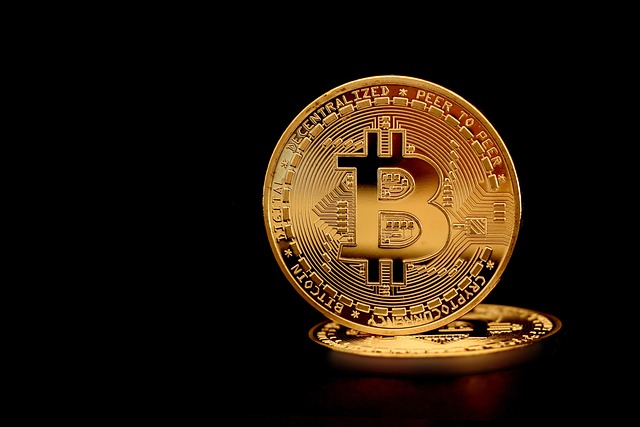Bitcoin, as a decentralized cryptocurrency, has gained global popularity as a safe haven asset during international tensions. Its immunity from governmental control and borderless transactions appeal to investors seeking independence and alternative financial systems. While geopolitical events can drive its adoption and price, regulatory measures in certain countries may impact market dynamics. Bitcoin's role in decentralized finance (DeFi) positions it as a hedge against traditional market volatility and currency risks. During crises, it has proven its resilience, like during the Ukrainian crisis and COVID-19 pandemic, making it a store of value for investors worldwide. As geopolitical tensions persist, Bitcoin's future hinges on its ability to balance decentralization with regulatory compliance.
“Global geopolitics and Bitcoin: an evolving tale. As digital currencies gain traction, international tensions shape crypto trends significantly. From the rise of Bitcoin as a global digital currency to its response to crises, this article explores how geopolitical forces influence financial markets and crypto adoption. We delve into the role of cryptocurrency in economic warfare, political instability, and sanctions, offering insights into the future of Bitcoin in an ever-changing geopolitical landscape. Discover how these dynamics impact the world’s leading crypto asset, Bitcoin.”
- The Rise of Bitcoin: A Global Digital Currency
- Geopolitical Tensions and Their Impact on Financial Markets
- How International Sanctions Affect Crypto Adoption
- The Role of Cryptocurrency in Economic War Games
- Navigating Political Instability with Decentralized Finance
- Case Studies: Bitcoin's Response to Global Crises
- The Future of Bitcoin in an Ever-Changing Geopolitical Landscape
The Rise of Bitcoin: A Global Digital Currency
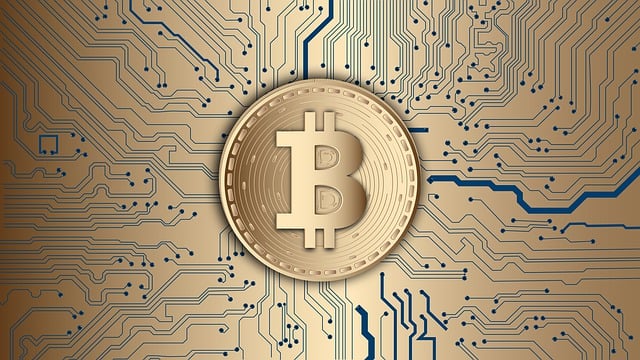
Bitcoin, the world’s first and most well-known cryptocurrency, has emerged as a global phenomenon, transcending borders and traditional financial systems. Its rise can be attributed to the growing desire for a decentralized digital currency that offers greater privacy and security compared to traditional fiat money. The concept of a peer-to-peer electronic cash system, as described by the mysterious Satoshi Nakamoto in 2008, has captivated folks around the globe.
As international tensions rise, Bitcoin has often been viewed as a safe haven asset, allowing users to protect their wealth from geopolitical uncertainties. Its decentralized nature, free from government control and manipulation, makes it an attractive option for those seeking financial independence and autonomy. This digital currency’s ability to facilitate borderless transactions has also sparked interest among investors and nations looking to establish a new paradigm in global finance.
Geopolitical Tensions and Their Impact on Financial Markets

Geopolitical tensions often create ripples across various financial markets, and traditional assets are not immune to their effects. When international conflicts arise, investors tend to seek safe havens, driving demand for established currencies like the US Dollar or Swiss Franc. This shift in investment patterns can significantly influence market dynamics, causing fluctuations in currency exchange rates. In times of uncertainty, Bitcoin, often considered a digital asset and a potential hedge against traditional market volatility, may experience heightened interest. Its decentralized nature appeals to investors seeking alternatives to state-controlled financial systems.
The impact of geopolitical tensions on Bitcoin trends is multifaceted. On one hand, escalating conflicts can prompt investors to embrace the anonymity and borderless transactions offered by cryptocurrencies. On the other hand, severe economic sanctions or political instability in a particular region might deter investment, leading to market corrections. As global politics continue to evolve, understanding these geopolitical forces and their influence on Bitcoin’s price movements is crucial for both investors and enthusiasts navigating this ever-changing landscape.
How International Sanctions Affect Crypto Adoption
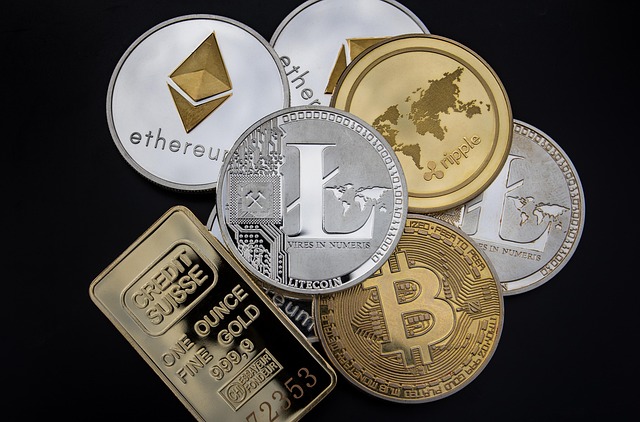
International sanctions, often levied as a tool for geopolitical leverage, can significantly impact Bitcoin adoption and global crypto trends. When countries impose economic restrictions on other nations, they can hinder the flow of traditional financial systems, prompting individuals and institutions to explore alternative options like Bitcoin. This shift can lead to increased demand for cryptocurrencies, especially in sanctioned regions, as people seek to bypass restricted banking channels.
Sanctions can create a complex environment for Bitcoin’s growth. While they may drive adoption locally within targeted countries, they also can result in a more fragmented global crypto market. The decentralized nature of Bitcoin allows it to transcend borders, but sanctions can still create challenges in cross-border transactions and exchange rates, potentially influencing the overall stability and accessibility of cryptocurrencies in affected areas.
The Role of Cryptocurrency in Economic War Games
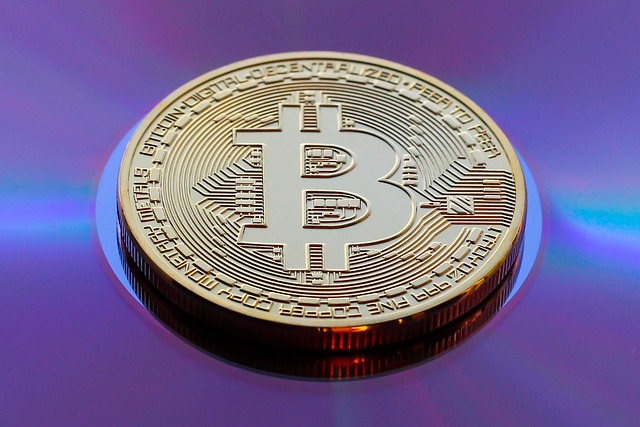
In the modern era of global geopolitics, cryptocurrency, and particularly Bitcoin, has emerged as a significant player in economic war games. As nations engage in trade disputes, political tensions, and financial rivalries, digital currencies offer an alternative avenue for economic power play. Bitcoin’s decentralized nature allows it to operate outside traditional financial systems, making it a potential tool for countries seeking to reduce their dependence on foreign reserves or escape sanctions. Its limited supply and increasing adoption worldwide have positioned Bitcoin as a store of value, attracting investors who view it as a hedge against inflation and geopolitical uncertainties.
The impact of international tensions on Bitcoin trends is evident in times of crisis. Geopolitical instability often drives investment flows towards safer havens, including cryptocurrencies. For instance, during periods of heightened global conflicts or economic downturns, Bitcoin’s price has tended to rise, reflecting its allure as a protective asset. Conversely, strict regulatory measures imposed by certain countries can restrict access and adoption, influencing the currency’s global reach and market dynamics. As the geopolitical landscape evolves, so does Bitcoin’s role, shaping the future of digital currencies in international economic relations.
Navigating Political Instability with Decentralized Finance
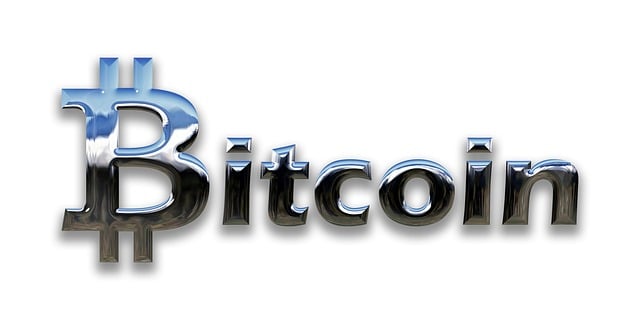
In times of political instability and international tensions, decentralized finance offers a unique solution for investors seeking stability. Bitcoin, as a leading cryptocurrency, has become a go-to asset for diversifying portfolios away from volatile traditional markets. Its decentralized nature allows it to operate independently of any central authority or government intervention, making it a compelling choice during uncertain geopolitical periods.
When countries face economic sanctions or political crises, their local currencies may experience significant depreciation. Bitcoin’s global reach and immunity to such national events make it an attractive hedge against currency risks. As investors navigate these challenging times, decentralized finance provides them with tools to protect their wealth and potentially profit from market shifts resulting from international tensions.
Case Studies: Bitcoin's Response to Global Crises

Bitcoin, as a decentralized digital currency, has shown remarkable resilience and adaptability in response to global crises. During periods of geopolitical tension and economic instability, investors often turn to Bitcoin as a haven asset. For instance, during the 2014-2016 Ukrainian crisis and the subsequent Western sanctions against Russia, Bitcoin experienced a surge in adoption across Eastern European countries, reflecting its role as an alternative to traditional fiat currencies.
Similarly, the COVID-19 pandemic in 2020 prompted a global economic shock, leading many to question the stability of traditional financial systems. In this crisis, Bitcoin saw record-high transaction volumes and prices, as investors sought to diversify their portfolios and protect themselves from paper currency devaluation risks. These case studies underscore the potential of Bitcoin not only as a store of value but also as a tool for navigating uncertain geopolitical environments.
The Future of Bitcoin in an Ever-Changing Geopolitical Landscape
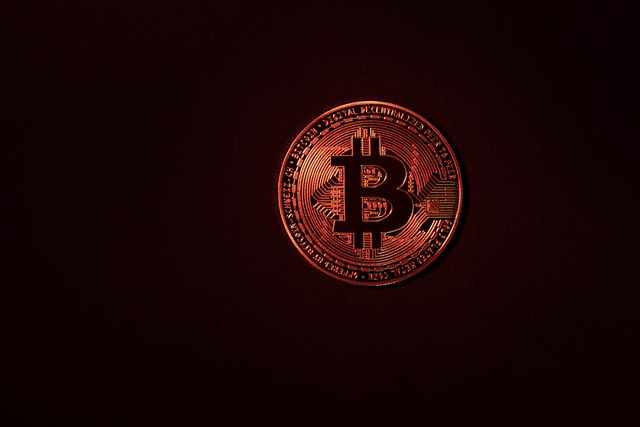
In an increasingly complex geopolitical environment, the future of Bitcoin and other cryptocurrencies remains a topic of intense debate. As international tensions escalate, digital currencies like Bitcoin are poised to play a significant role in shaping financial dynamics worldwide. With its decentralized nature, Bitcoin offers a unique alternative to traditional fiat currencies controlled by central authorities, making it an attractive option for investors and individuals seeking greater financial independence.
The ever-changing geopolitical landscape presents both opportunities and challenges for Bitcoin. On the one hand, political instability and economic sanctions in various regions can drive people towards digital assets as a means of preserving wealth and diversifying investments. This could lead to increased adoption and price appreciation for Bitcoin. Conversely, heightened geopolitical tensions may also spark regulatory crackdowns, causing volatility and temporary setbacks for the cryptocurrency market. As global powers navigate these uncharted territories, the future of Bitcoin hinges on its ability to adapt to shifting political dynamics while maintaining its core principles of decentralization and security.
Global geopolitics and international tensions have significantly shaped the trajectory of Bitcoin and cryptocurrencies, highlighting their potential as a hedge against economic uncertainty. As political landscapes evolve, decentralized finance offers a unique solution for navigating instability. The resilience of Bitcoin during global crises underscores its growing role as a store of value and a means of exchange in an increasingly interconnected world. By understanding the interplay between geopolitics and crypto trends, investors and enthusiasts can anticipate future shifts, ensuring they stay ahead in this dynamic market.
